Projects
Over the years, we have designed and implemented numerous projects - a large variety of formats, topics, target groups and partner organisations. Let us inspire you! Feel free to get in touch with your own project idea!

Method training, Simulation games
Freely available toolkit: two simulation games in four languages
TEDYC – freely available toolkit with two low-threshold simulation games to promote ‘dynamic citizenship’, developed with partners from universities in Ticino/Switzerland

Interactive educational modules, Serious games, Simulation games
"Post It!"
An escape game that sends participants on a time travel to 1943, 1986 and 2021 to explore the history of freedom of expression and dissent in different times. And a second module for elementary school.

SPD parliamentary group simulation game
In the SPD parliamentary group's simulation game ‘Zukunftsdialog’ (‘Future Dialogue’), participants contribute their own ideas, develop them further, and then present them to ‘real’ SPD MPs.

Interactive educational modules, Simulation games
Citizens' assembly in action!
For the German Federal Agency for Civic Education (bpb), we developed a simulation game on the topic of social inequality, in two versions for 11- to 14-year-olds and for young people aged 15 and up...

Overcoming polarisation – learning how to deal with conflicts
Conflicts are an unavoidable part of our lives and work – and they are not just negative if we deal with them well. We have comprehensively revised and expanded our training programme in this area.

Interactive educational modules, Serious games
Break out of the disinformation spiral!
Our first escape game about media literacy! The Fake Busters are on the trail of a disinformation campaign. They have 90 minutes to find evidence and help the democratic president. To do that, they have...

Experience politics in the Bundesrat
Once a year, the Bundesrat invites students from the federal state currently holding the presidency to Berlin. For 2-3 days, they then slip into the roles of ministers from 16 federal states or of journalists....
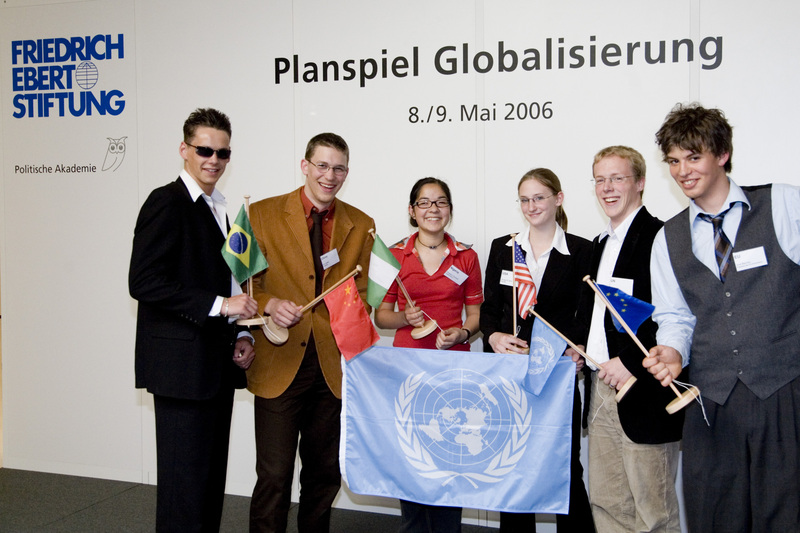
Interactive educational modules, Simulation games
Free simulation game workshops for schools
Eight workshop formats, 1-2 days, free of charge for schools! We have been offering youth workshops with simulation games for the FES since 2006. We are delighted that the framework agreement has been extended by...

Method training, Skills training
Argumentation training against anti-EU slogans
The European Parliament elections are due in 2024. In the course of this, we want to empower pupils, students and trainees as well as local authority stakeholders, teachers and committed individuals to draw attention to...

Video-based simulation game "A question of Attitude"
In our video simulation games, the role entry takes place via short video clips - immersive and low-threshold without text. A Question of Attitude" is about a casting call for a dance video that some...

Democracy under pressure
The rule of law is a fundamental principle of our societies and an important pillar of the European Union. A fair, independent and secure legal system protects citizens from arbitrary government, discrimination and violation of...
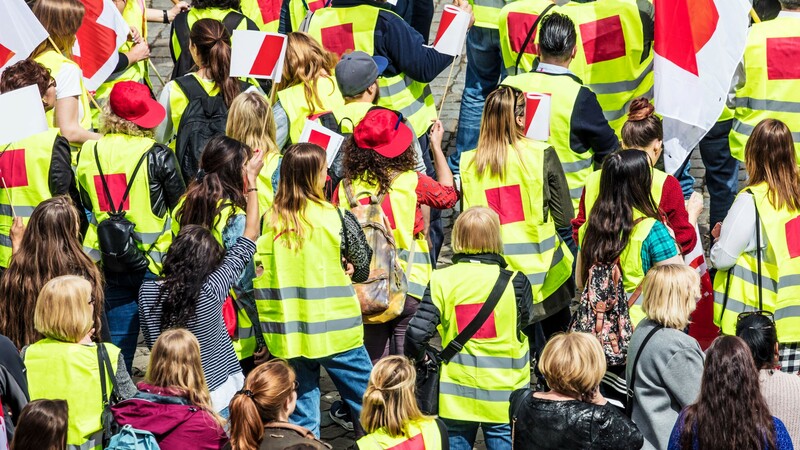
Better work for all?
Our trade union simulation games have developed into a considerable collection. The range of topics as well as methods is increasing.

Hybrid simulation game on district politics in Berlin’s libraries
Local politics, boring? It exists, the political life beyond federal and state politics! The simulation game project "Planspiel Bezirkspolitik" takes on Berlin's local politics and sheds light on the work of the district councils (BVV)....

Interactive educational modules, Simulation games
Fact or Fake?
The spread of fake news and hate speech on social media is a major problem for democratic societies. Thanks to the Representation of the European Commission in Germany, we have facilitated more than 50 simulation...

Interactive educational modules
Mission Possible: Climate Justice in 9 Modules
Flexible workshop concept enables quick or deeper insights into the topic of climate justice, New set of methods makes climate policy tangible

Conflict in the Gagonian Sea
The South China Sea: a highly complex web of interests of the numerous littoral states and international actors. This multi-layered conflict is the basis for our most technically complex, strategic simulation game to date.
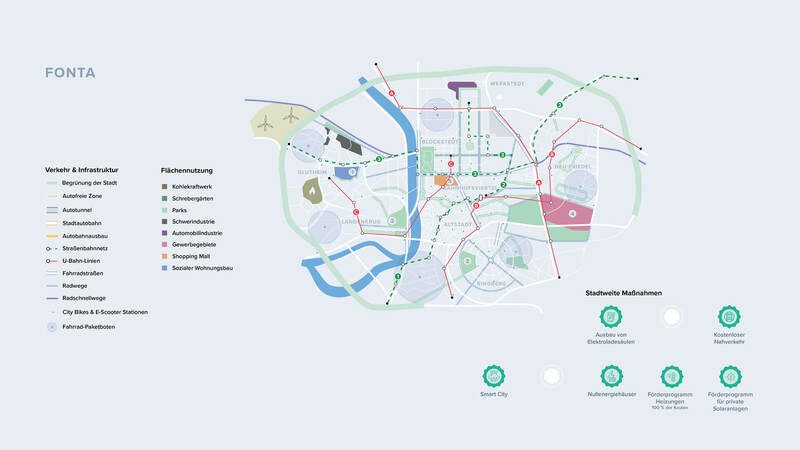
Simulation games, Serious games
Simulation Game Climate Neutral City
Cities have an important role to play in the fight against climate change. This is the subject of our simulation game ‘Climate Neutral City’, which we developed on behalf of the Goethe-Institut and implemented in...
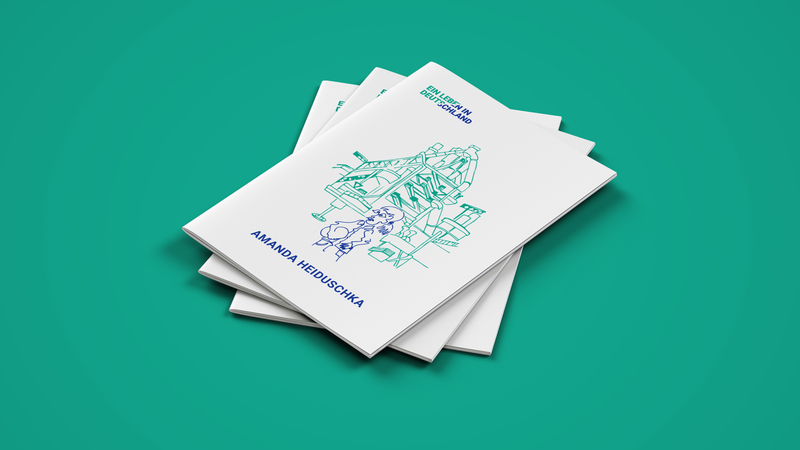
Simulation games, Interactive educational modules
"A life in Germany"
The Treuhand - depending on the political perspective it is either solely responsible for a "sell-out of the East" or its work is presented as "historically without alternative". More than 30 years after German reunification,...

Interactive educational modules
Small Big Steps against exclusion and extremism
How does a far-right speech on a Liverpool sports field differ from a similar situation in Berlin or rural Bavaria? How do you portray an Islamist as an (animated) character without reproducing stereotypes? And how...

Simulation games, Serious games
The Union Lab – Design your own European Union!
Anyone who is involved in European politics is familiar with the debates about the pros and cons as well as the future of European integration. But how do you get young people to engage with...

Online simulation games in higher education
Our online simulation game platform Senaryon is used for a wide range of target groups - from students to professionals. Its use in a university context has also proved particularly successful.

Regional policy 2.0
Of course, we want to reach as many people as possible. But even the largest pool of facilitators will reach its limits at some point. In addition, long journeys through Germany and beyond are fun...

Are social media dangerous? Not if you know how to use them!
Setting privacy, flagging unknown persons, and recognising advertising as phishing – our game Junait playfully raises children's awareness of the dangers that can lurk in social networks in a playful way. Above all, the players...

REMEDIO - a journey against time
A cooperative board and card game where players are sucked into an adventure story! One summer we received a call from the Museum of Islamic Art in Berlin. The project "Migration Stories" wanted a game...

Just transition?
What happens when a country wants to reduce its greenhouse gas emissions by half in a relatively short time? What can be done to convince even those who see themselves as losers in the energy...

Negotiations in the Middle Ages and today
From time to time we receive requests of a slightly unusual nature: be it because they cannot be clearly assigned to one of our thematic areas, be it because they are new to us in...

Changing Climate - A look into the future
The idea of simulating the effects of climate change and climate policy in a game has been with us for some time. Thanks to our long-term partner, the Friedrich Ebert Foundation, the idea became a...

BATNA is not just a city in Algeria
Interactive political education work always promotes key skills - whether in communication, negotiation, conflict management or teamwork. Based on this insight, we have developed a broad range of professional skills training courses in recent years....
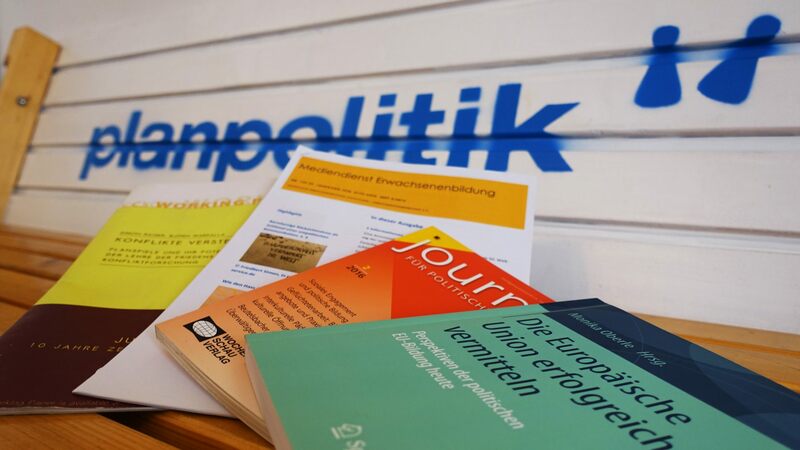
Method training, Skills training
Simulation games? Yes! Take the plunge!
It will come as no surprise that we are enthusiastic about the simulation game method, because simulation games are one of the most powerful, versatile and entertaining methods in political and civic education work and...

Method training, Skills training
Beyond the panel discussion
How do passive listeners become active participants? How can they actively participate in discussions and exchange and have fun doing it? This is the essence of interactive methods and thus the core of our work....
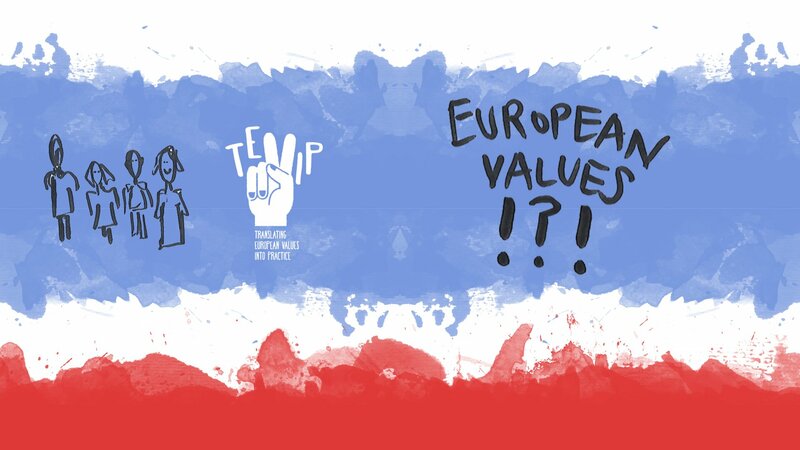
Interactive educational modules
European values, made understandable at last!
"Translating European Values into Practice" - that is what we set out to do in this Erasmus+ project. The aim of this three-year project with partner organisations from Belgium, Poland and Italy was to make...

Senaryon, the virtual think tank
Senaryon is more than a platform for simulation games: It is also an excellent online environment for a virtual think tank. Participants can work together on their ideas, policy recommendations or a list of demands....

There are Thousands of Alternatives
We are looking ahead to the year 2030: What about the coherence of the European Union? Will the EU be strengthened or weakened as an independent actor capable of acting? Are the states and societies...

Interactive educational modules
EuropeCamp – onsite and online!
One weekend, several hundred visitors, and Europe at the centre of everything - these are the cornerstones of the EuropaCamps organised by the Zeit Foundation Bucerius, for which we have had the exciting task of...

Interactive educational modules
Modular Europe
Our portal “Teaching Europe” [https://www.europa-unterrichten.de] provides materials for interactive workshops and participation-oriented teaching. It is aimed at teachers and trainers in both formal and non-formal education.

Interactive educational modules
#GetinvolvedEU - planpolitik for Presidency
In the second half of 2020, Germany held the EU Council Presidency for the first time in 13 years. This came with the honour of holding informal Council of Ministers meetings on a wide range...

Empowering the next generation
As the last young participants leave the "Iserlohn Participation Day", a project that has accompanied and inspired our Democracy and Society Department for almost a whole year comes to an end.

Involvement thrives on networking
Networking is important - for the work of action alliances and movements as well as for other civil society actors. Building and maintaining a network helps to spread ideas, programmes and projects, to mobilise people...

Interactive educational modules
Simple ideas for living together in solidarity?
It all started with the video simulation game "The Usual Suspects", which was developed as part of a cooperation with the Respect Coaches programme, funded by the federal government.

#freeandequal
All human beings are born free and equal in dignity and rights! Article 1 of the Universal Declaration of Human Rights should be the basis of all action in our world. But how does our...

Rolling the dice for justice!
It was a milestone in the history of planpolitik - the first serious games completely developed, designed and produced by us!

Method training, Skills training
Welcome to Design Thinking Wonderland
Together we finally defined planpolitik's assignment: an interactive, creative, open-ended workshop accessible to people from a wide range of backgrounds, prepared in such a way that the academy team could run it themselves. After some...

United for the future - 17 goals for a more sustainable world
Serious games are a particularly beautiful form of interactive political education work, but they are also challenging to develop. Our first serious game, a card game on justice issues, took us months to develop. In...